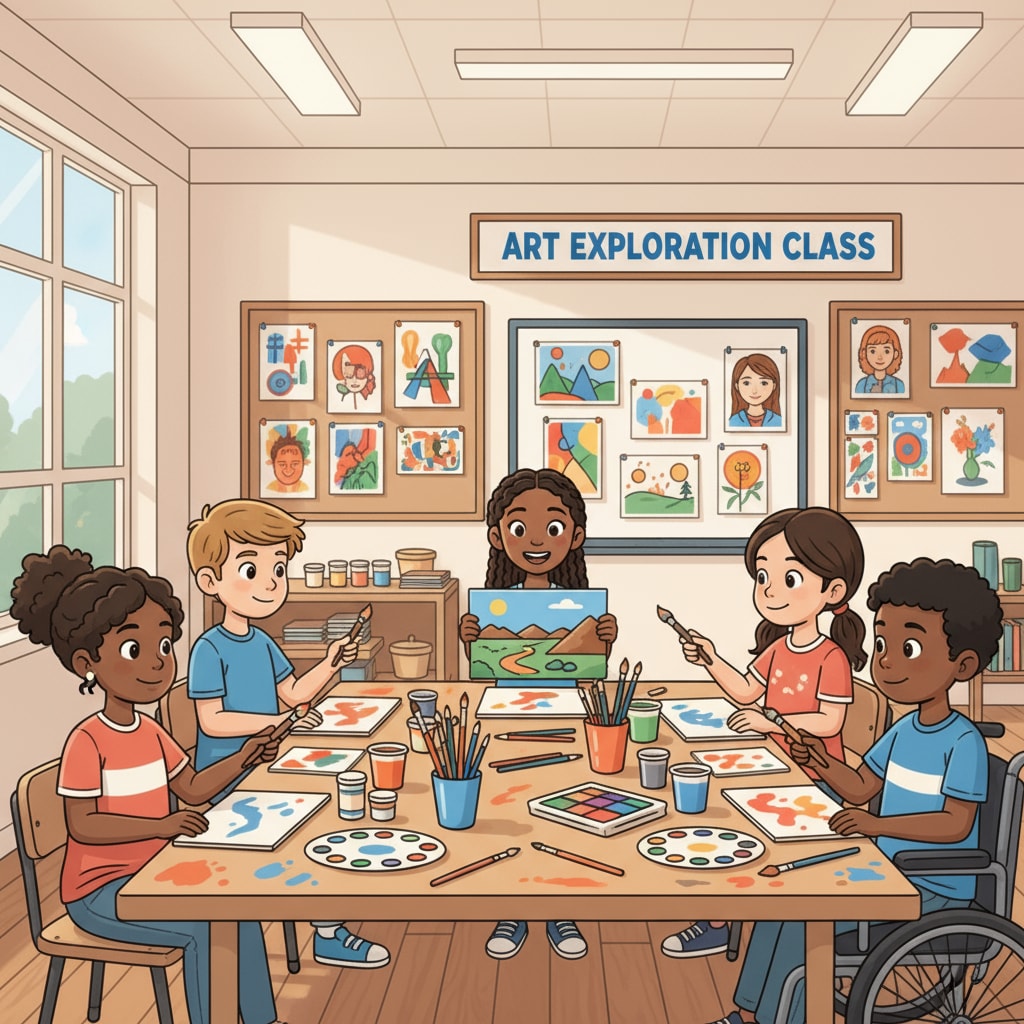In the realm of K12 education, the issues of special subject teachers, curriculum substitution, and educational resource allocation have taken center stage. Special subject teachers, including those teaching music, art, and media, are unfortunately often treated as interchangeable components within the educational system. This perception has far – reaching consequences for students’ overall development and the quality of education provided.

The Perceived Interchangeability of Special Subject Teachers
One of the most concerning aspects is the widespread belief that special subject teachers can be easily replaced. For example, in many schools, when there is a shortage of teaching staff or a scheduling conflict, music, art, or media classes are the first to be sacrificed. These classes are frequently substituted with more “core” subjects like mathematics, language arts, or even physical education. This practice stems from a narrow view of what constitutes essential education, overlooking the unique contributions that special subjects make.
As a result, special subject teachers often find themselves on the fringes of the educational hierarchy. Their expertise and the value of the courses they teach are not fully recognized. This marginalization is not only demoralizing for the teachers but also has a detrimental impact on students’ learning experiences.
Impact on Students’ All – Round Development
The substitution of special subject courses has a significant impact on students’ all – round development. Music education, for instance, helps in developing creativity, improving cognitive skills, and enhancing emotional intelligence. Art classes allow students to express themselves, develop aesthetic sensibilities, and think outside the box. Media education equips students with the skills to navigate the digital world and understand media literacy.

When these classes are replaced, students are deprived of these valuable learning opportunities. They are left with a lopsided education that focuses primarily on academic performance in traditional subjects, neglecting the development of their creative, emotional, and social skills. This can lead to students graduating without a well – rounded skill set, ill – prepared for the diverse challenges of the real world.
In addition, the lack of exposure to special subjects can also affect students’ motivation and engagement in school. Many students find these classes to be a source of enjoyment and inspiration. When they are taken away, students may become less interested in the overall educational experience, leading to decreased academic performance in other subjects as well.
Readability guidance: By clearly presenting the problems of special subject teachers being seen as interchangeable and their impacts on students, we can better understand the significance of addressing these issues. Using short paragraphs and examples helps to make the content more accessible.


